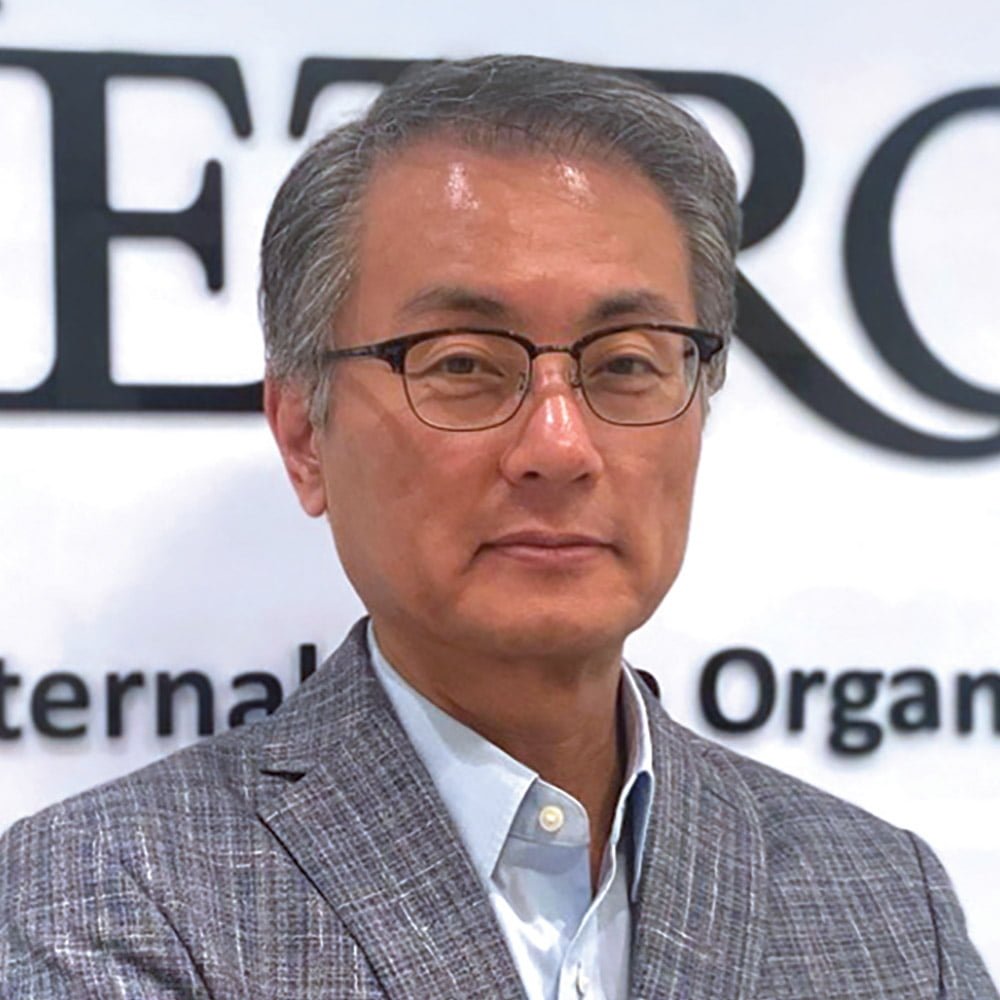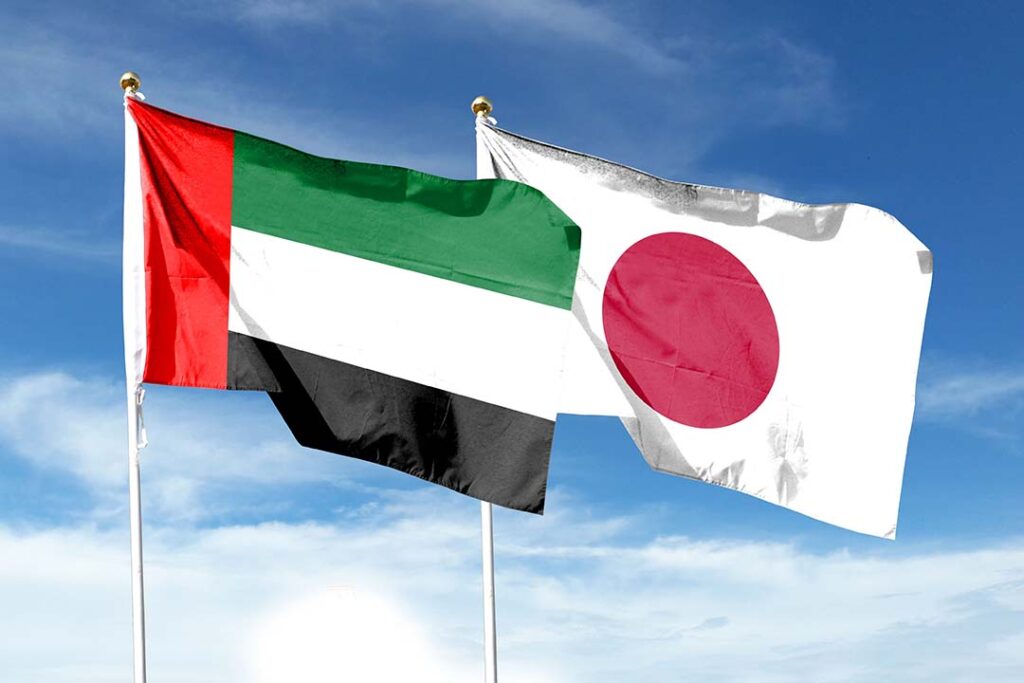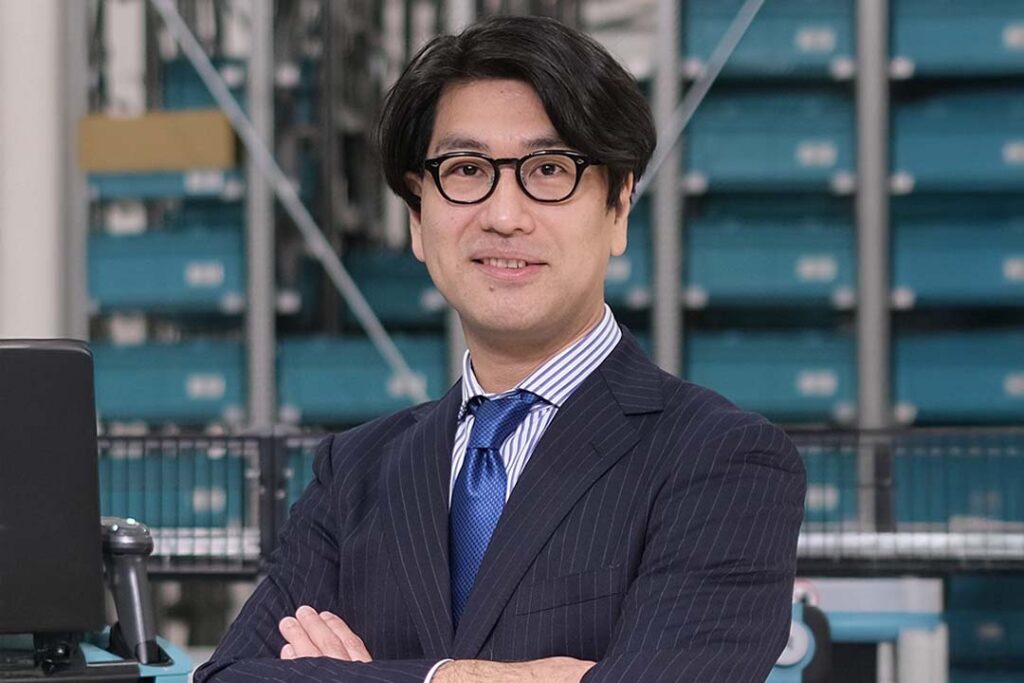From celebrating milestones like the Türkiye-Japan Business Forum to envisioning collaborative ventures in emerging sectors, Kobayashi underscores the vast potential ahead:
JETRO was founded in 1958 as a government-related organization that promotes mutual trade and investment between Japan and overseas countries. JETRO operates 76 overseas offices in 55 countries worldwide. JETRO had initially aimed to promote Japanese exports, but its core focus has shifted toward promoting foreign direct investment into Japan and helping the global exports of Japanese SMEs. In addition JETRO provides information and consultation services to accelerate innovation between Japanese and foreign companies.
JETRO launched the Istanbul Office in 1963. This year marked the 60th anniversary of the foundation of our office. We serve as a bridge to develop economic, trade and investment relations between Türkiye and Japan. In order to fulfill our role as such, we signed MOUs with the Turkish Presidency Investment Office, the Foreign Economic Relations Board (DEIK), and the Independent Industrialists and Businessmen Association (MUSIAD) and have been collaborating with them through various joint activities including co-hosting seminars and business delegations.
This year marked the 60th anniversary of the foundation of our office. We serve as a bridge to develop economic, trade and investment relations between Türkiye and Japan.
Hiroto Kobayashi, Senior Managing Director of JETRO Istanbul

On September 5, 2023, we held the Türkiye-Japan Business Forum jointly with Ministry of Economy, Trade and Industry of Japan and Ministry of Trade of Türkiye in cooperation with these three organizations. This Forum was held to both commemorate the 60th anniversary of JETRO Istanbul and the 100th anniversary of the foundation of the Republic of Türkiye. At the Forum, we not only took a retrospective look at the economic relations between the two countries but also as the subtitle “New Collaborations in the next 100 years” refers, exchanged opinions on the new areas of cooperation and business in the future.
What we felt strongly through this Forum is that there is still a lot of room for development in economic and business cooperation between Japan and Türkiye. For instance, cooperation with Japan for advanced seismic resistance and seismic isolation technology would be beneficial for the reconstruction of the areas affected by the large earthquake that hit the Southeastern Türkiye in February of this year. In addition, regarding the possibility of the so-called “expanding to third countries”, Japanese and Turkish companies can cooperate to develop business in areas surrounding Türkiye. In this matter, I think there is great potential not only in North Africa and Central Asia but also in Ukraine which has been damaged by the Russian invasion.
One of the aims of this Forum was to build momentum for the early conclusion of the Economic Partnership Agreement(EPA), which is essential for further expanding the stable relationship between the two countries. The EPA will promote bilateral trade and increase business opportunities between Turkish and Japanese companies. It is expected that through the EPA, Japan can increase exports to Türkiye in such areas as baby, health care and beauty products that will improve and sophisticate Türkiye’s quality of life.
Regarding the expansion of business between the two countries, we can expect expansion of transactions and deepened cooperation between companies in such fields as high technology, products and services for women and young people, disaster prevention, infrastructure, digital, decarbonization and renewable energy, and smart cities.
Regarding the expansion of business between the two countries, we can expect expansion of transactions and deepened cooperation between companies in such fields as high technology, products and services for women and young people, disaster prevention, infrastructure, digital, decarbonization and renewable energy, and smart cities.
For Japanese companies, Türkiye is a gateway to the Middle East and Europe and with a population of 86 million people and an average age of 33, Türkiye’s dynamic potential is a great attraction. Türkiye has a strong manufacturing base, is geographically close to the European market and has introduced standards at the same level as Europe, has people with a diligent, moderate and risk-taking character, and has a strong network in the surrounding region. We hope that Japanese companies will pay more attention to the merits of Turkish companies and deepen their relationship with them as good business partners.










